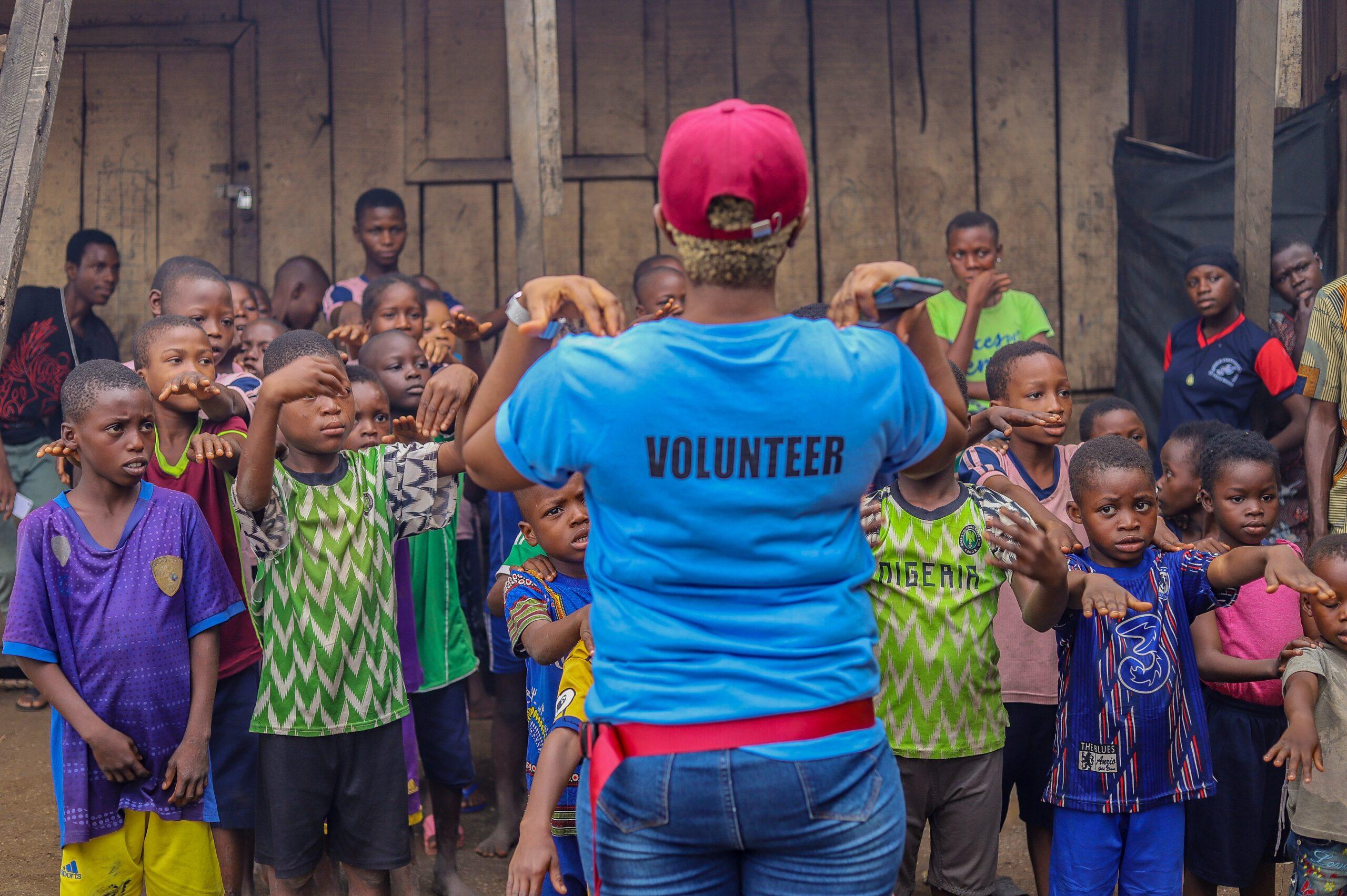Leave A Legacy: 6 Ways To Find Charities That Are Right For You

Legacy giving (also called planned giving) can bring major benefits to the causes you care about. What is not talked about quite as often is the wealth of benefits—both financial and personal—to donors. As one example, planning to give to a charity after you pass allows you to give larger one-time gifts than you might be able to give during your lifetime.
There are many reasons why people hesitate to include a charity in their Will. Perhaps you think it’s for donors with larger estates or more assets to pass on. Or maybe you are worried it will take away from your beneficiaries.
Just remember: We can all give something and all planned gifts have value. And rest assured the tax benefits you receive from a planned gift are passed on to your beneficiaries so it’s really a win-win.
Once you’ve decided to include a charity in your Will, the biggest obstacle is often choosing where to give—and there are several ways to solve that problem that you might not be aware of.
How to choose charities from a long list of options
As we age, we likely narrow down the number of charities we support to a handful, chosen based on experiences and values. If there is a cause or charity you care deeply about, you can offer your support both while you’re alive and after you pass—and every little bit makes a big difference.
With over 86,000 registered charities across Canada, finding charities to support in the long-term can seem like a daunting task. Registered charities in Canada range from the smaller, community-based organizations you may never hear about—like the Basset Hound Rescue of Ontario—to larger ones you are more probably familiar with—like, say, the Canadian Cancer Society or the Canadian Red Cross.
If the philanthropist in you is looking for a way to make a meaningful impact on the causes you care about most, we got you. Read on for six simple tactics to help choose the right charity to include in your Will.
1. Think about your values
In a broad-strokes approach to finding charities, think freely about what you care most about in life and how you want to shape your legacy.
Ask yourself: How can I carry out my values in my giving?
For example, if compassion and care are important to you, you might connect with groups providing health care and support to vulnerable populations.
There are tools that allow you to search and filter for charities by cause and location.
2. Call upon your own experiences
Is there an experience that you feel has shaped you positively?
Ask yourself: What has helped me to personally thrive?
If you can contribute to bringing that experience to others through charitable giving, that could be a good place to start. The empathy of lived experience is an unmatched motivator for giving.
For example, you or someone in your family may have been personally affected by an illness and would like to support others facing similar health challenges. I know of one donor who has benefited greatly from access to the outdoors. Through his giving, he aims to pass along access to outdoor adventures for those who otherwise would not have access.
3. Craft your mission statement
Looking ahead now, consider what legacy you want to leave behind.
Ask yourself: What goals do I hope to achieve in my lifetime?
You can even go so far as to write your own mission statement. If you are giving together as a family, creating a family mission statement can be a way to build connection and find common ground with those you love. Think about how charitable giving can be a part of your goals, or can even inspire you to achieve them.
4. Reach out in your community
Another way to discover your new favourite charity is to just start engaging with them directly! You can look up a local charity and ask them what they need right now.
Ask yourself: What does my community need the most help with right now?
Just diving in and volunteering with new charities is a great way to get to know different organizations in your community.
Research has shown that individuals who volunteer are also more likely to give to charity. And if you’re more interested in remote opportunities, there are even many ways to volunteer remotely.
5. Start the conversation with friends & family
Talk with your friends and family about the causes they consider important. You never know what you will discover. People are often drawn to charities based on past experiences you may not be aware of.
Ask yourself: What matters most to the people that matter most to me?
A dear friend might be a lifelong supporter of a charity that is close to their heart that they have never mentioned before. Start a meaningful conversation and see where it might take you—in both your friendships and your generosity.
6. Build a flexible giving legacy with a DAF
Even with these tactics, it can still be hard to narrow it down to just a few charities.
Ask yourself: What if I can’t choose just one charity?!
You’re in luck, there is a way to tackle legacy giving without having to make a choice! For those who are struggling to decide, a donor-advised fund (DAF) is the best option for legacy giving because it offers convenience, flexibility, and can even empower future generations of donors. With a DAF, you can contribute to a brighter future—without necessarily having a charity or cause in mind.
Leaving some of your assets towards charitable giving can create peace of mind and joy for your family. With a DAF, you have the capacity to direct your funds to one or several charities or to transfer your funds to a family member or executor who can then decide how to allocate to charity.
Bottom line: Keep giving now and in the future
Everyone should have a Will as a way to ensure their visions for the future are being fulfilled. The unique advantage of designating a DAF is that you can create a giving legacy, without having to make changes to your Will if your interest in a charity changes. The DAF gives you the flexibility to act on your generosity and make your mark while accessing tax benefits for your estate.
Regardless of the path you choose for creating a giving legacy, know that giving is a journey. Just like so many things in life, it takes practice. An important thing to keep in mind is that including those you love in the process will make it easier and more rewarding for all those involved.
Take time to develop your knowledge of charities, get to know charities in your community, and, whenever possible, keep giving.
We hope you find this material useful in learning about giving. However, you should never use this material without first reviewing it with your own lawyer(s) and tax advisor(s) to determine its suitability for your circumstances. This material is not legal, tax or other professional advice.










